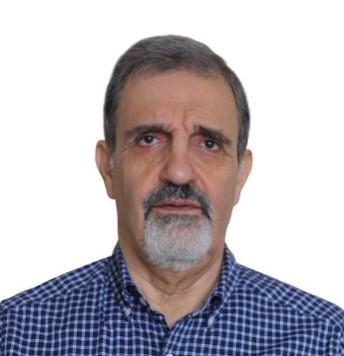Sudan and the pandemic: reforms for a vulnerable economy
Sudan’s economy was in a fragile state even before Covid-19 and the lockdown measures implemented to control the virus. This column outlines the bold yet practical reforms that are needed to help the country move to a virtuous cycle of rising productivity and incomes – and hence sustained reduction in poverty.


